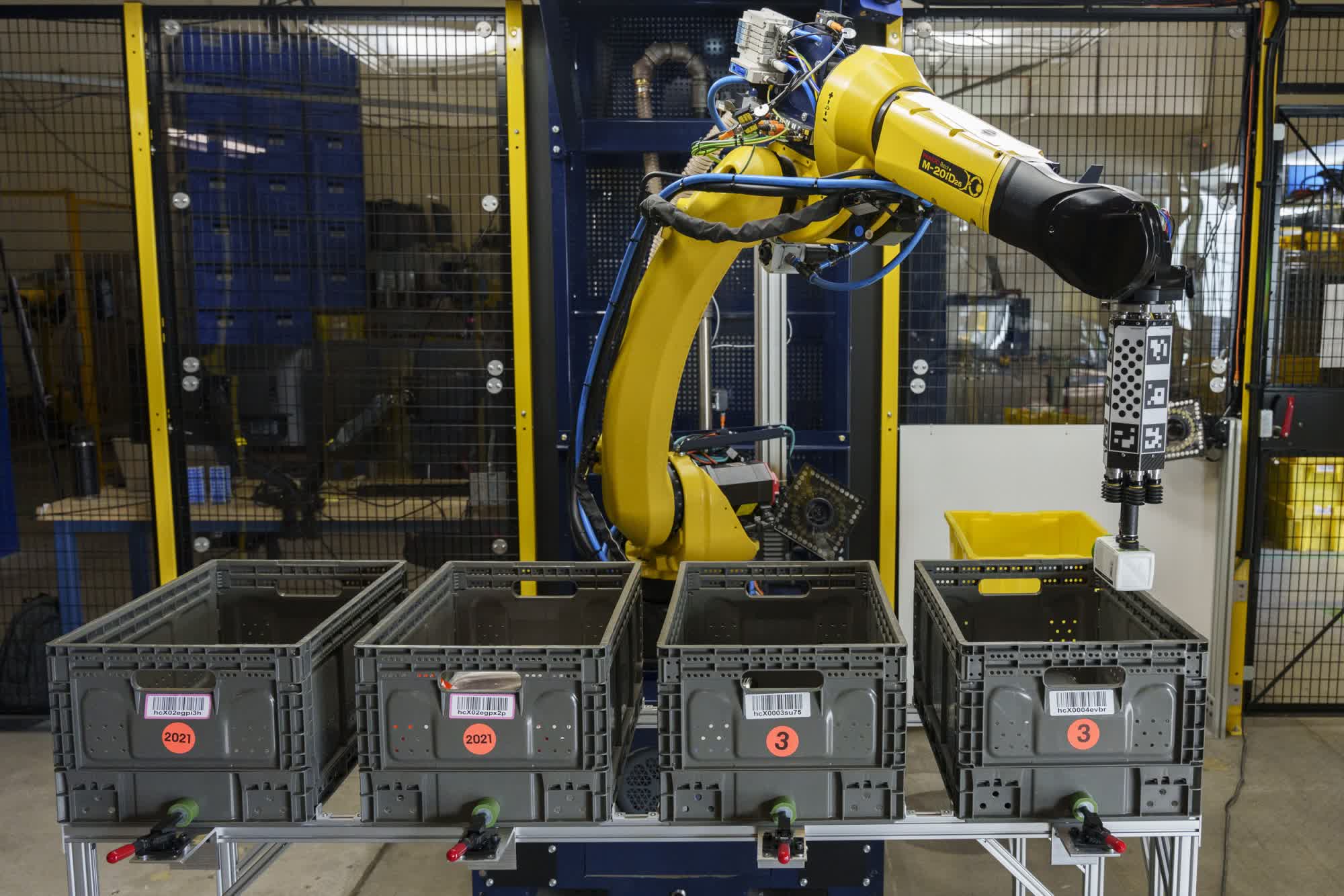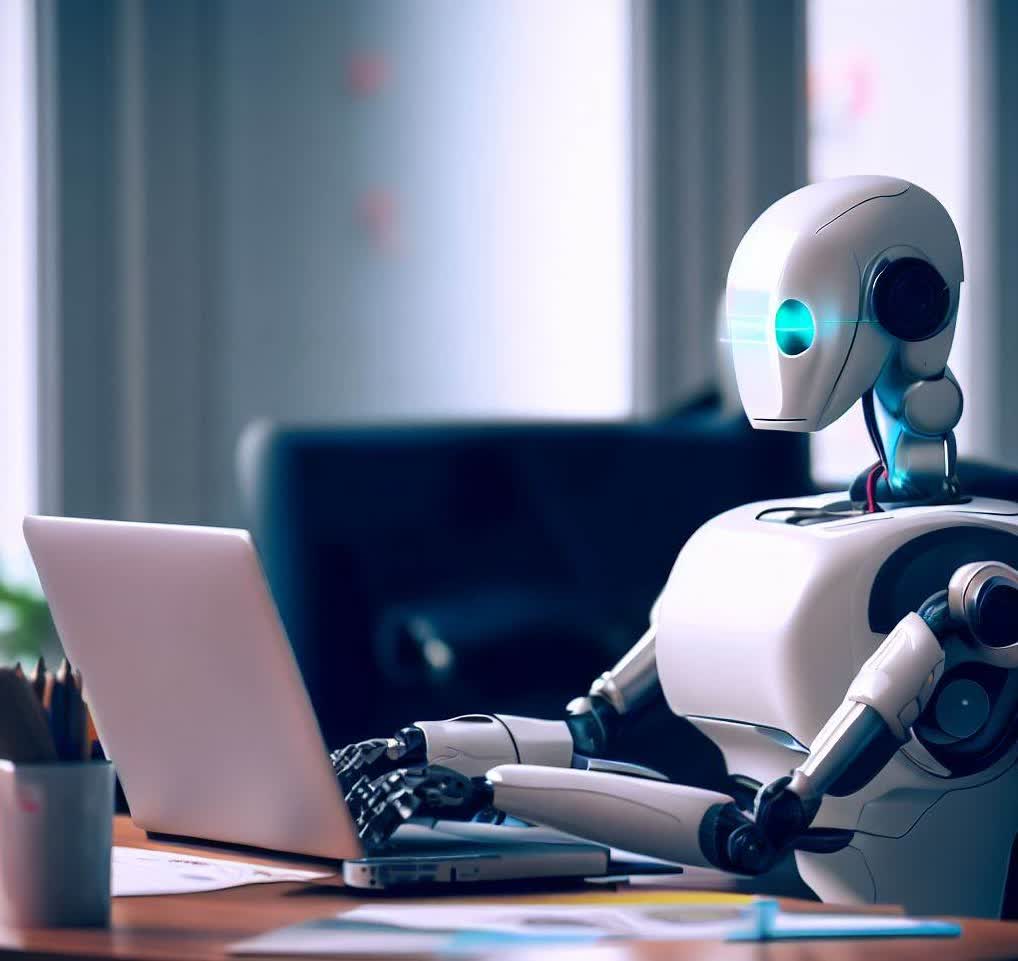A hot potato: While there are plenty of justifiable fears about robots, AI, and general automation taking jobs, the technologies have also been hailed for their ability to augment human tasks. But a new study shows that people tend to put less effort into their work when they believe teammates, including robots, have already done the heavy lifting, a phenomenon known as "social loafing."
Social loafing occurs when someone puts less effort into a task as they believe their colleagues will pick up the slack and cover for them.
Researchers at the Technical University of Berlin wanted to see if humans social loaf when they work with robots.
"Teamwork is a mixed blessing," said Dietlind Helene Cymek, first author of the study in Frontiers in Robotics and AI. "Working together can motivate people to perform well but it can also lead to a loss of motivation because the individual contribution is not as visible. We were interested in whether we could also find such motivational effects when the team partner is a robot."

The scientists tested their theory by asking 42 participants to look at images of circuit boards for 90 minutes to find any errors. The images were blurred, and the sharpened boards could only be viewed by holding a mouse tool over them. This allowed the scientists to track participants' inspection of the boards.
Half of the participants were told that their circuit boards had already been inspected by a robot called Panda, who they could hear and had previously seen.
It initially appeared that there were no differences between the two groups as both spent the same amount of time inspecting the boards, and the area where they looked for errors.
However, when researchers closely examined participants' error rates, it was found that those working with Panda were catching fewer defects after they had seen the robot had successfully flagged many errors. This could reflect the 'looking but not seeing' effect, where people get used to relying on something – in this case, the robot - and therefore engage with a task less.
Participants were also asked to rate their performance. They believed they were paying an equivalent amount of attention, but it's suspected that subconsciously they had begun to assume Panda hadn't missed any defects.
"It is easy to track where a person is looking, but much harder to tell whether that visual information is being sufficiently processed at a mental level," said Dr Linda Onnasch, senior author of the study.
There are concerns that the study's results might have workplace safety implications, especially as "in longer shifts, when tasks are routine and the working environment offers little performance monitoring and feedback, the loss of motivation tends to be much greater."
"In manufacturing in general, but especially in safety-related areas where double checking is common, this can have a negative impact on work outcomes."
